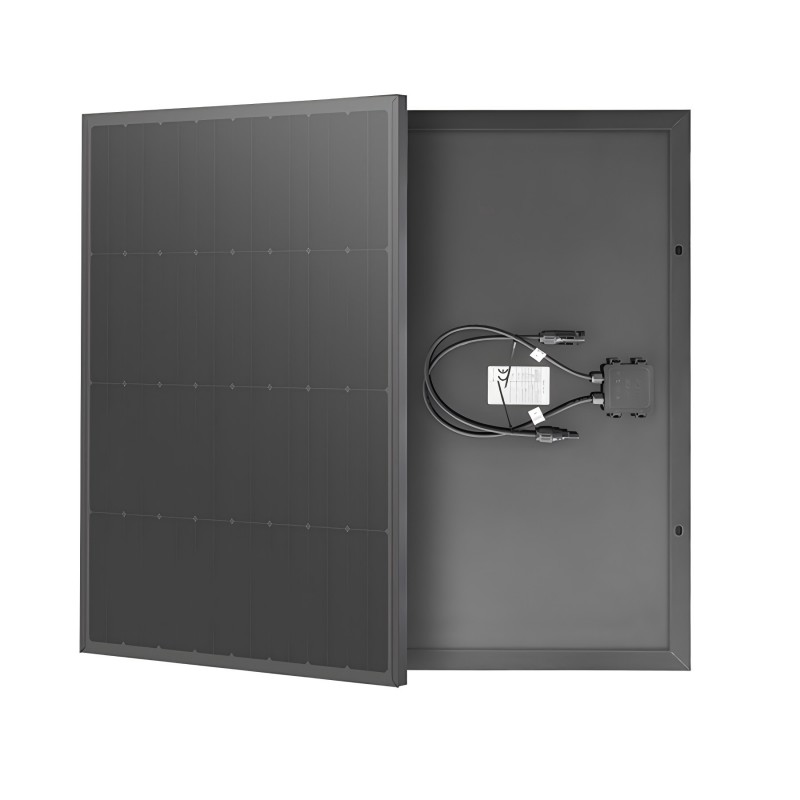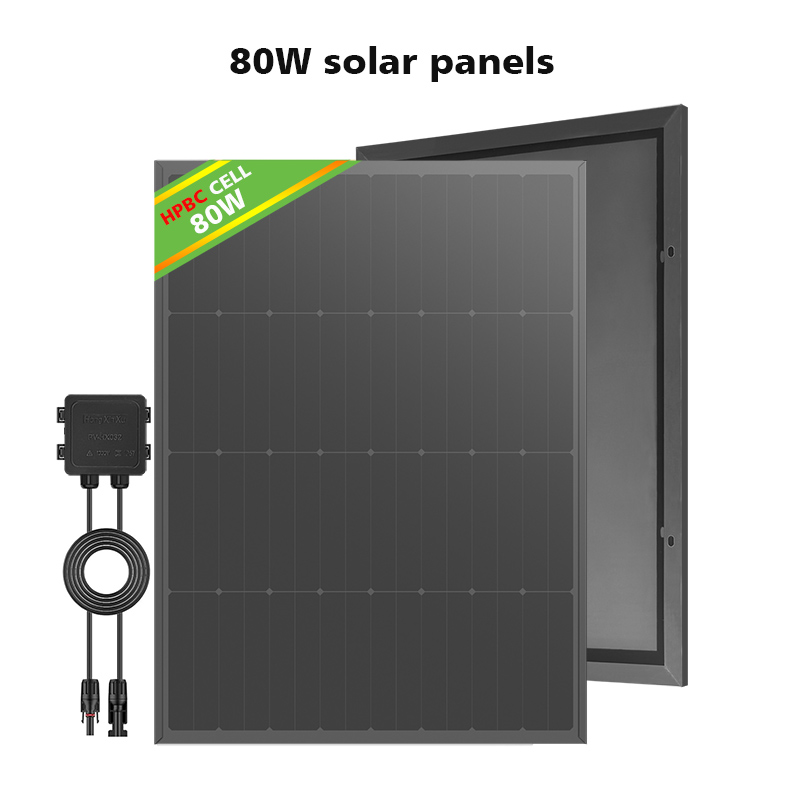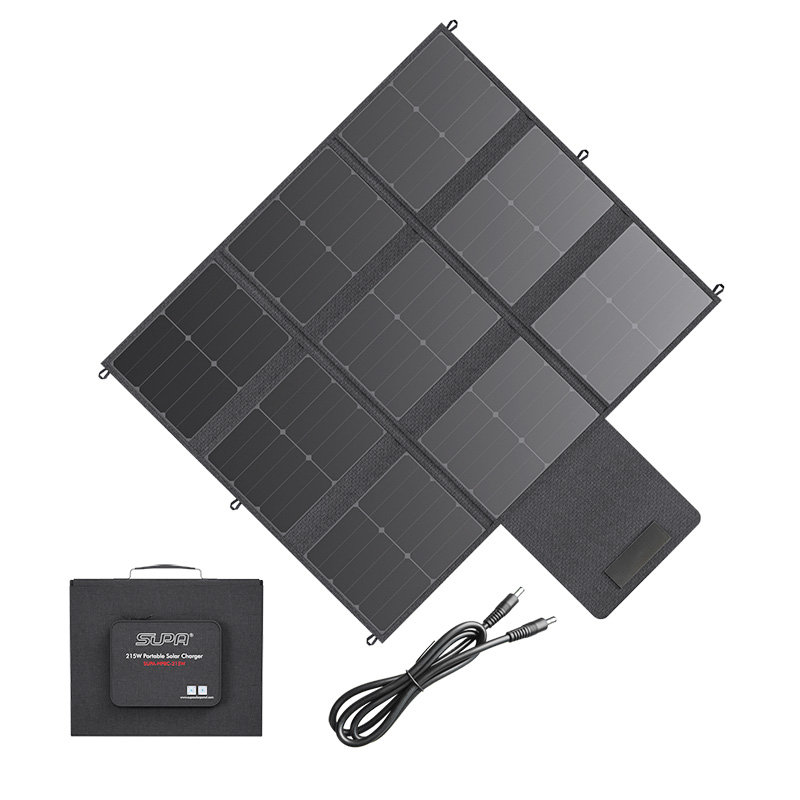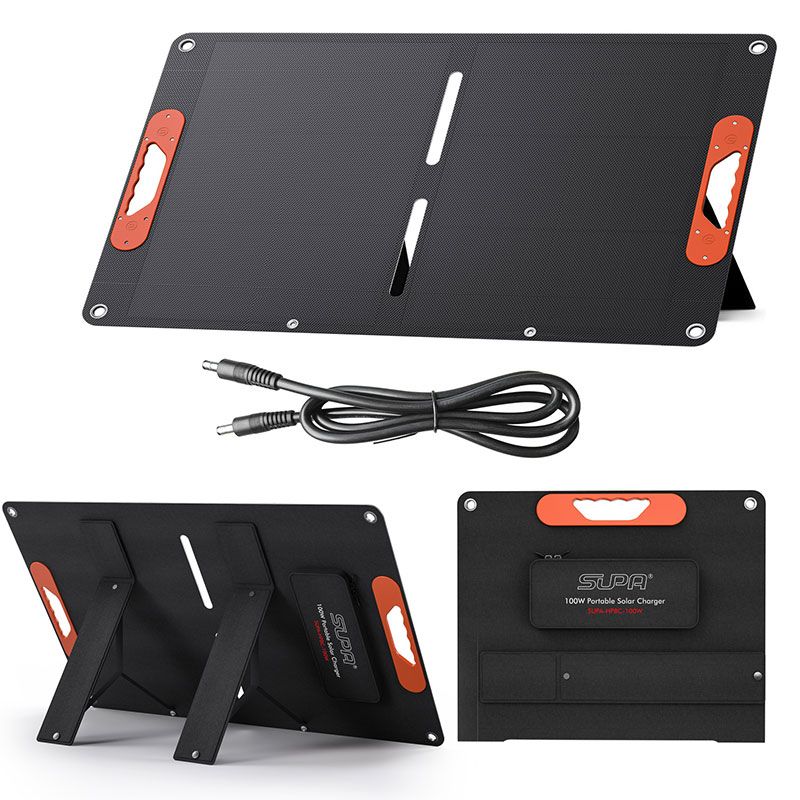Company News
As global demand for clean energy accelerates, more businesses are investing in solar solutions—not only to reduce operational costs but also to meet ESG goals and regulatory standards. However, the performance and longevity of your solar power investment depend heavily on the manufacturer behind the panels. Choosing the right solar panel manufacturing partner isn’t just a sourcing decision; it’s a long-term strategic move that impacts system efficiency, reliability, and scalability. So, what should you look for in a solar panel manufacturer?
Proven Experience in Solar Panels Manufacturing
The first thing to evaluate is the manufacturer’s track record in solar panels manufacturing. A company with 10+ years of experience in producing solar power panels will likely offer better consistency in quality, technology integration, and industry compliance. Look for manufacturers who not only have automated production lines but also invest in continuous R&D to enhance panel efficiency and durability.
A strong manufacturing partner should comply with certifications such as IEC, TUV, UL, CE, and ISO9001. These indicate that the production process meets global quality and safety standards, which is essential when exporting or installing systems in highly regulated markets.
Product Portfolio and Customization Capabilities
Whether you need standard PV modules, solar panels portable for mobile applications, or fully integrated solar power systems, a reliable manufacturer should offer a wide product range. This includes monocrystalline, polycrystalline, half-cell, bifacial, or flexible solar modules. The more diverse the product portfolio, the more adaptable they are to meet your project needs—be it for rooftops, commercial installations, or off-grid systems.
Additionally, OEM/ODM capabilities are crucial for brands that require tailored solutions. From power output to panel size, and even custom branding, your solar partner should be flexible enough to support specialized requirements without compromising lead time or quality.
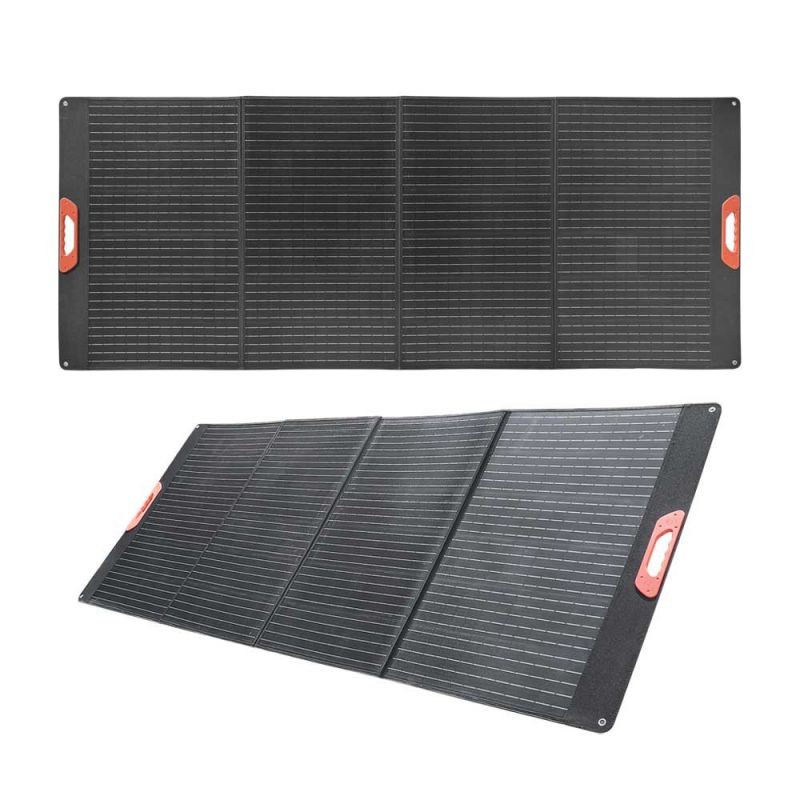
Supply Chain Strength and Production Capacity
A qualified solar panels manufacturing partner must ensure stable supply and timely delivery. Check their monthly or annual production capacity and whether they manage their own supply chain or rely heavily on third parties. Manufacturers that control wafer sourcing, cell production, and module assembly can better handle global fluctuations in raw material prices and logistics.
In today’s competitive market, having access to Tier 1 suppliers who own their vertical chain ensures greater cost-efficiency and resilience—especially for large-scale solar power system projects that require timely rollout and consistency.
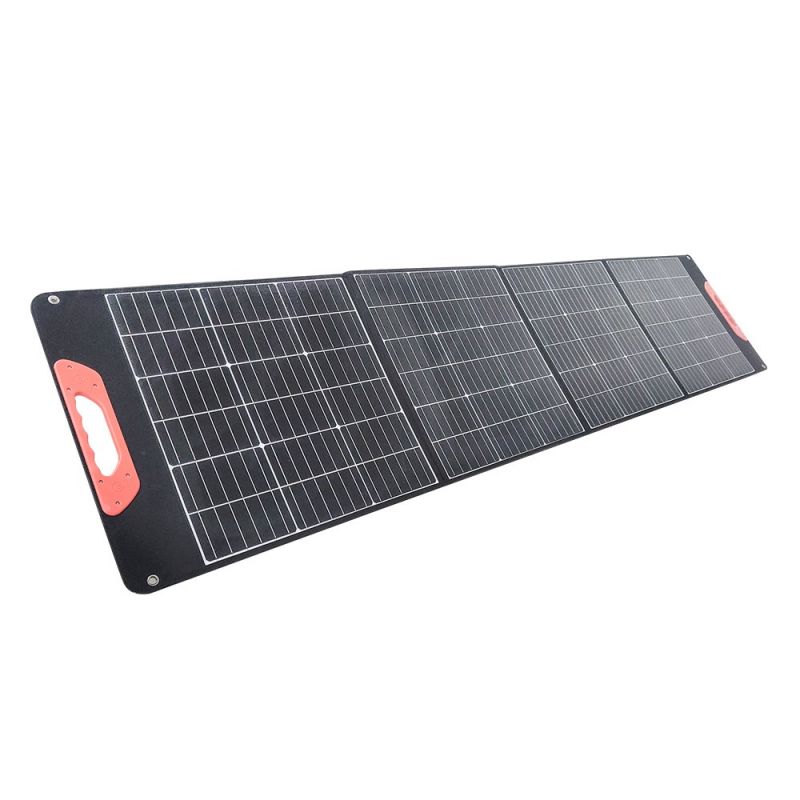
Performance Efficiency and Product Warranty
One of the most critical factors when selecting a manufacturing partner is the panel’s power efficiency and degradation rate. Leading manufacturers offer solar panels with over 21% efficiency and a degradation rate of less than 0.5% per year. Ensure the manufacturer provides clear performance data sheets and real-world test results.
Moreover, warranty terms are a direct reflection of confidence in product quality. Look for partners that offer at least a 25-year performance warranty and 10–12 years for materials and workmanship. These warranties safeguard your investment and give your clients greater confidence when choosing your solar solution.

Commitment to Innovation and Sustainability
As the industry shifts towards smart energy, the best manufacturers integrate advanced technologies like PERC, TOPCon, or HJT cells. Some also produce smart modules with built-in optimizers and IoT monitoring for solar power systems. These innovations allow you to offer better-performing, future-ready products in competitive markets.
Moreover, sustainability practices matter. A partner that uses eco-friendly materials, reduces manufacturing emissions, or runs their factories on solar energy reflects well on your brand and aligns with global sustainability goals.
Technical Support and After-Sales Service
Finally, support doesn’t end at the sale. A dependable solar panels manufacturing partner should provide technical documentation, installation guidelines, and on-demand engineering support. Whether you're deploying solar panels portable in harsh environments or building utility-scale solar power systems, fast access to support is critical for troubleshooting and long-term success
Conclusion: Build the Right Partnership for Long-Term Growth
Choosing the right solar panel manufacturing partner goes far beyond cost per watt. It’s about aligning with a supplier who offers proven expertise, diverse product capabilities, scalable production, long-term warranties, and innovation leadership. Whether you’re distributing solar power panels, developing residential solar power systems, or sourcing portable solar panels for mobile energy use, your supplier directly impacts your quality assurance and customer satisfaction.
By focusing on these key traits, you not only reduce operational risk but also unlock greater market potential in the fast-evolving global solar industry.

